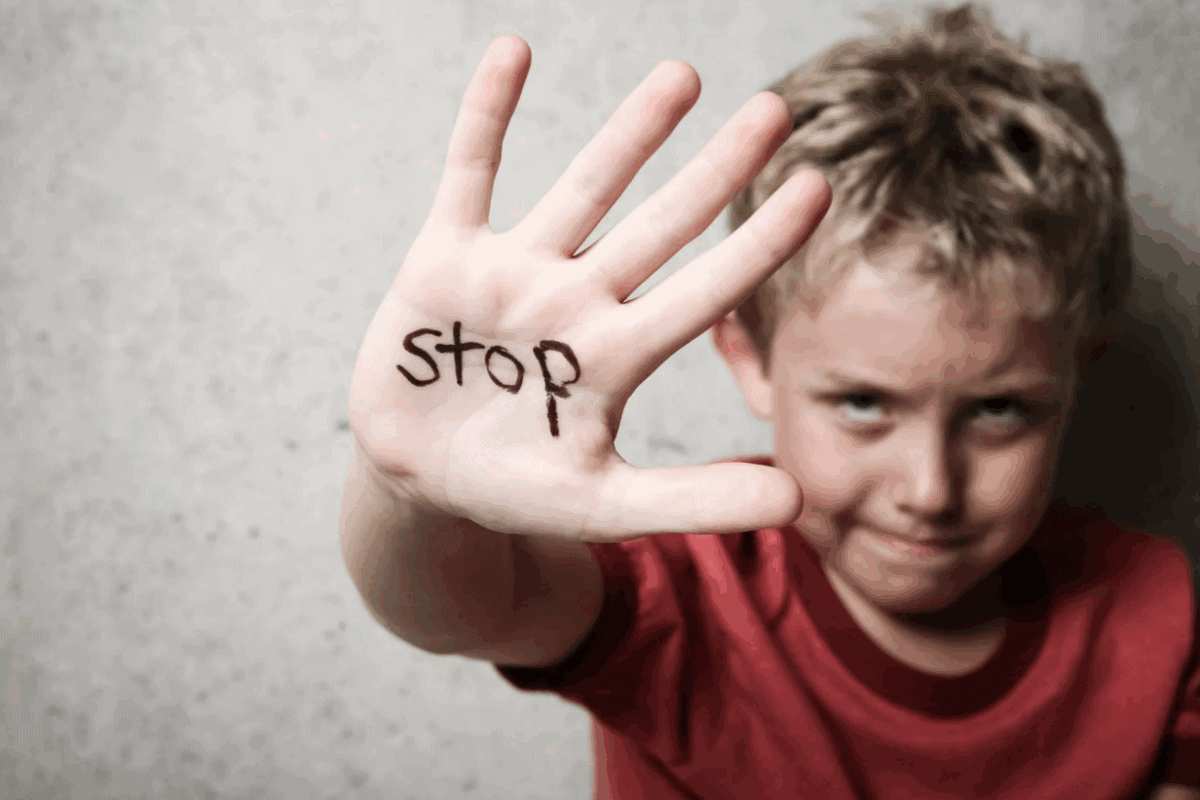Abuse comes in many forms, and survivors can react in many different ways. While many expect abuse victims to be battered, bruised, or in the throes of a panic attack, not all symptoms are as identifiable.
Some abuse victims may even behave as if nothing happened at all, making it more difficult for caregivers, doctors, and loved ones to provide support. While identifying the most common signs of abuse is an excellent way to start, it’s equally important to learn more subtle or subdued psychological signs of abuse.
Excessively Apologetic
Abuse can lead people to believe that they are responsible for anything that goes wrong. They will tend to apologize for anything and everything, even things that aren’t their fault or out of their control.
Apologies may have been a survival tactic during abuse to lessen the blows or get out of immediate danger. This behavior is a defense mechanism, and it may be difficult for people to shake it off, even when the abuser is long gone. They may also struggle with feelings of guilt, in which they feel the need to apologize.
Indecisive or Second-Guessing
Abuse involves a lot of control and manipulation of the victim. Those who have been abused may struggle with confidence or autonomy during and after the abuse occurs. It may be stressful or difficult for them to make a solid decision, even when the decision only affects them.
If they do make a decision, they might second-guess it or change their decision frequently. They may seek approval for decisions before making them to avoid perceived harm.

Guilt Without Fault
Abuse victims are frequently blamed for adverse consequences. Excessive blame can lead to intense feelings of guilt and taking responsibility for things that are not their fault as a way to survive or keep people appeased.
These feelings of guilt can continue throughout their life, even when the abuser is no longer in the picture. They may even feel ashamed of normal behaviors, as their self-image is askew due to the abuse.
Frequent or Dramatic Identity Change
During or after abuse, you may see some major identity changes. Someone may dress, speak, or style themselves to grab attention as a way of trying to gain control. Other times, they may dress more conservatively or try to draw less attention to themselves to avoid harm.
Some aspects of their personalities may change, as well. They may become religious or increase their faith as a result of guilt, shame, or self-blame; moral or religious codes may feel like a safe harbor to them.
Alternatively, they may shake their previously faithful nature and become more secular when they feel their religion has failed them. A change in religious behavior could even indicate abuse from a church leader or member.
Looking at case studies involving the Diocese of Kalamazoo sexual abuse allegations, victims were frequently pressured by church leaders to stay quiet or withdraw accusations. It’s not unusual for devout people to lose faith after such circumstances. Abuse victims may also frequently switch between identity changes, alluding to an unstable or uncertain self-image.
Emotional or Social Detachment
Abusers will often isolate a victim socially, and this behavior can become common practice for the victim to increase the perceived feeling of safety. Losing social support is how abusers gain the most control, and a victim will often need to emotionally detach themselves in order to keep their stress levels as low as possible.
It can be difficult for abuse survivors to learn to reattach to social relationships or heavy emotions, especially if the survivor was punished for experiencing emotions.
Perfectionism
As a result of frequent blame, many survivors will try to be perfect in order to avoid punishment or further abuse. They may over-achieve or stress over perfection, even at their own expense.
Perfectionism can also be a way of trying to control a situation to gain even a small semblance of autonomy. The more uncontrollable a situation becomes, the more they may try to make everything perfect to keep the peace.
Empathetic Toward All But Themselves
An abuse survivor’s pain or struggles are often neglected, minimized, or belittled, which can lead to the survivor ignoring their pain or belittling it themselves; they may believe ignoring their struggles or feelings can help reduce conflict.
They will typically need to have a lot of compassion and understanding toward their abuser and others, which leads to empathy toward everyone, except for themselves. This type of behavior can lead to a very poor self-image and social anxiety.

Shrinking Body Language
Fear, intimidation, shame, guilt, and anxiety can all manifest in physical body language at times. Abuse can look like avoiding eye contact, shrinking to be as small as possible, or sticking close to corners or walls, far away from others. Crossing their arms or hunching their shoulders to remain as small as possible may help them feel safer by drawing less attention to themselves.
Conclusion
Abuse is complicated and can have devastating consequences that look different depending on the survivor. Some victims may keep to themselves and try to people-please, while others may be loud, boisterous, and try to draw attention to themselves as a way of taking control.
Learning all of the manifestations of abuse in clinical or support settings can help mental health professionals and loved ones identify and tailor their treatments more efficiently.


